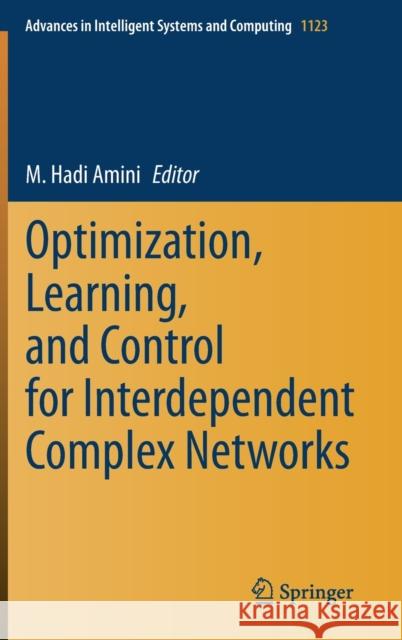Optimization, Learning, and Control for Interdependent Complex Networks » książka
topmenu
Optimization, Learning, and Control for Interdependent Complex Networks
ISBN-13: 9783030340933 / Angielski / Twarda / 2020 / 304 str.
Optimization, Learning, and Control for Interdependent Complex Networks
ISBN-13: 9783030340933 / Angielski / Twarda / 2020 / 304 str.
cena 201,24
(netto: 191,66 VAT: 5%)
Najniższa cena z 30 dni: 192,74
(netto: 191,66 VAT: 5%)
Najniższa cena z 30 dni: 192,74
Termin realizacji zamówienia:
ok. 16-18 dni roboczych.
ok. 16-18 dni roboczych.
Darmowa dostawa!
Kategorie:
Kategorie BISAC:
Wydawca:
Springer
Seria wydawnicza:
Język:
Angielski
ISBN-13:
9783030340933
Rok wydania:
2020
Dostępne języki:
Numer serii:
000453356
Ilość stron:
304
Waga:
0.61 kg
Wymiary:
23.39 x 15.6 x 1.91
Oprawa:
Twarda











